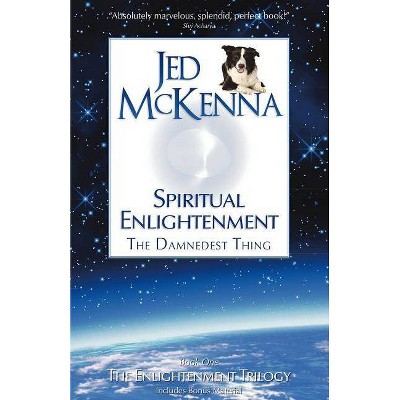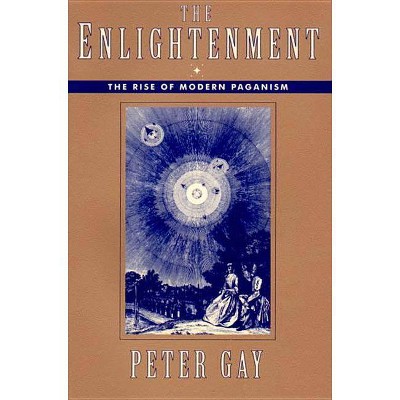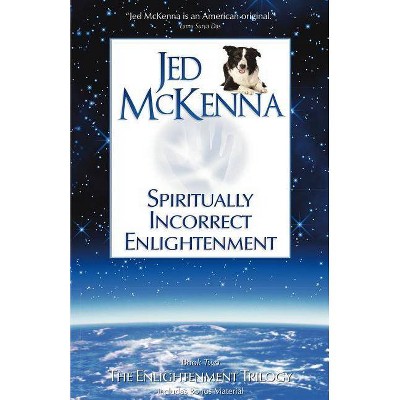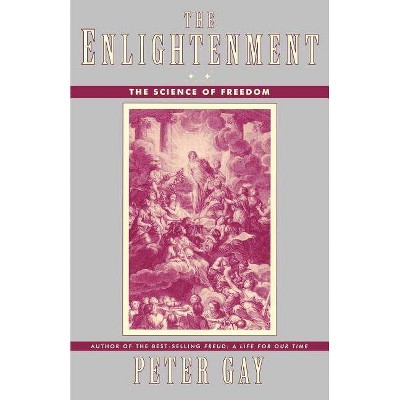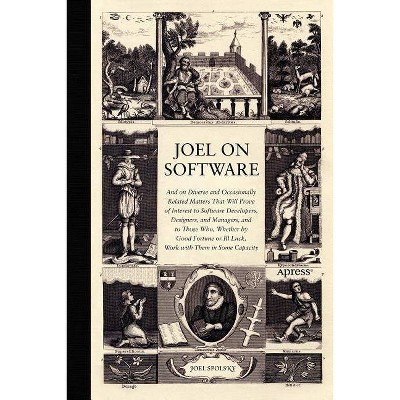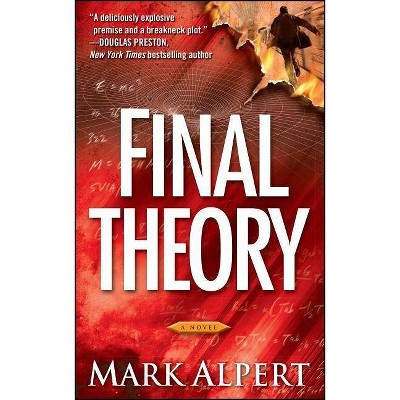A Partial Enlightenment - by Avram Alpert (Paperback)
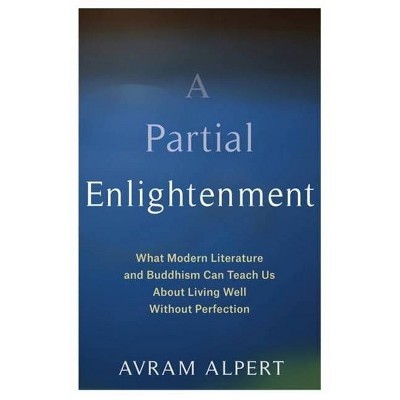
Similar Products
Products of same category from the store
AllProduct info
<p/><br></br><p><b> About the Book </b></p></br></br>Avram Alpert combines personal experience and readings of modern novels to offer another way to understand modern Buddhism. He argues that it represents a rich resource not for attaining perfection but rather for finding meaning and purpose in a chaotic world.<p/><br></br><p><b> Book Synopsis </b></p></br></br>In many ways, Buddhism has become the global religion of the modern world. For its contemporary followers, the ideal of enlightenment promises inner peace and worldly harmony. And whereas other philosophies feel abstract and disembodied, Buddhism offers meditation as a means to realize this ideal. If we could all be as enlightened as Buddhists, some imagine, we could live in a much better world. For some time now, however, this beatific image of Buddhism has been under attack. Scholars and practitioners have criticized it as a Western fantasy that has nothing to do with the actual experiences of Buddhists. <p/>Avram Alpert combines personal experience and readings of modern novels to offer another way to understand modern Buddhism. He argues that it represents a rich resource not for attaining perfection but rather for finding meaning and purpose in a chaotic world. Finding unexpected affinities across world literature--Rudyard Kipling in colonial India, Yukio Mishima in postwar Japan, Bessie Head escaping apartheid South Africa--as well as in his own experiences living with Tibetan exiles, Alpert shows how these stories illuminate a world in which suffering is inevitable and total enlightenment is impossible. Yet they also give us access to partial enlightenments: powerful insights that become available when we come to terms with imperfection and stop looking for wholeness. <i>A Partial Enlightenment</i> reveals the moments of personal and social transformation that the inventions of modern Buddhism help make possible.<p/><br></br><p><b> Review Quotes </b></p></br></br><br>Buddhist students and literature lovers will find much to ponder in Alpert's close textual readings.--Publishers Weekly<br><br>A groundbreaking contribution to Buddhist literary studies, <i>A</i> <i>Partial Enlightenment</i> provides a new lens through which to examine the influence of modern Buddhist themes in twentieth-century world literature. In his role of scholar-seeker, or contemplative critic, Avi Alpert performs a complex, inclusive, and personal practice of literary exegesis, one that will enlighten academic and lay readers alike.--Ruth Ozeki, <i>New York Times</i> best-selling author of <i>A Tale for the Time Being: A Novel</i><br><br>Avi Alpert's timely book makes a significant contribution to re-evaluating Buddhism's role in engaging with the struggles and complexities of the postcolonial world. The book is at once a personal chronicle of disenchantment and discovery and a literary history that charts global Buddhism and the aesthetics of human fragmentation and connectivity. Alpert's compelling readings of modern novels uncover a simple truth of Buddhist ethics at their core: we may be limited in our understanding of the universe, but we have the power to act kindly towards living beings. An ethics of social relationality emerges as the book's most profound insight, making its innovative readings indispensable for students and scholars of religion and literature.--Gauri Viswanathan, author of <i>Outside the Fold: Conversion, Modernity, and Belief</i><br><br>In this stunningly sincere and groundbreaking work, Alpert takes the reader on a strange journey, often personal and always provocative, through a forest of literature to see how Buddhist thought and practice is embedded and intertwined with modern fiction. He shows the reader through novels as diverse as Joseph Conrad's <i>Heart of Darkness</i>, Zadie Smith's<i> The Autograph Man</i>, J. M. Coetzee's <i>Elizabeth Costello</i>, Severo Sarduy's <i>Cobra</i>, Rudyard Kipling's <i>Kim</i>, Yukio Mishima's <i>Sea of Fertility</i>, among many others, that literature doesn't neatly present Buddhist truths, but complicates the very way Buddhism is received and taught. It is a story of disenchantment and tentative re-enchantment with Buddhist ideas and meditation practices with a healthy dose of Beckett's robust existential despair. It is a story of intellectual struggle and imperfect readings that enlightens, as well as forces the reader to simply lift her head, breathe deeply, and dive back in. No study of the modern encounter with Buddhism is complete without reading this truly refreshing and wonderful book.--Justin Thomas McDaniel, author of <i>The Lovelorn Ghost and the Magical Monk: Practicing Buddhism in Modern Thailand</i><br><br>The stories about the Buddha, with their promise of awakening and liberation, are among the richest and most inspiring tales ever told. By focusing on the creation and complexities of a new, twentieth-century Buddhism, and the novels it has produced, Avram Alpert's <i>A Partial Enlightenment </i>delivers a brilliant work of literary history less concerned with the mythology of absolute perfection than the embedded, political, and existential realities that make modern Buddhism--an authentic way to 'fail better'--relevant for our lives today.--Charles Johnson, author of <i>Middle Passage</i>, winner of the National Book Award<br><p/><br></br><p><b> About the Author </b></p></br></br>Avram Alpert teaches writing at Princeton University. He is the author of <i>Global Origins of the Modern Self, from Montaigne to Suzuki</i> (2019). He is also coeditor of <i>Shifter</i> magazine and has written cultural criticism for outlets including the <i>New York Times</i>, the <i>Washington Post</i>, the <i>Brooklyn Rail</i>, and <i>Truthout</i>.
Price History
Cheapest price in the interval: 30.49 on October 22, 2021
Most expensive price in the interval: 30.49 on December 20, 2021
Price Archive shows prices from various stores, lets you see history and find the cheapest. There is no actual sale on the website. For all support, inquiry and suggestion messagescommunication@pricearchive.us


